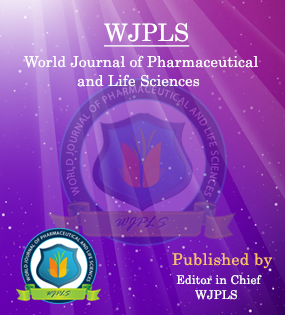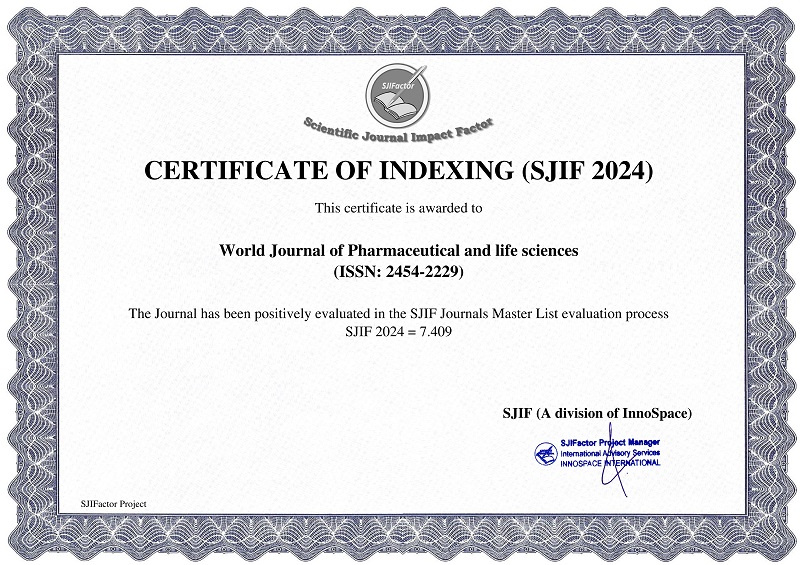Abstract
FETAL PROGRAMMING: FETAL STRESS IMPACT ON THE DEVELOPMENT OF ATTENTION DEFICIT HYPERACTIVITY DISORDER (ADHD) IN CHILDREN
Dr. T. Kacharava* and K. Nemsadze
ABSTRACT
The purpose of this review was to examine the literature assessing the relationship between prenatal exposure to psychosocial stress during pregnancy and to the risk of developing behavioral problems related to attention deficit hyperactivity disorder (ADHD) in Childhood. Environmental exposures can alter maternal physiology in a manner that results in ?programming? effects on the fetus. ADHD is one of the most prevalent neuropsychiatry disorders among children. The etiology of ADHD is complex and multifactorial. Genetic factors are critical determinants of ADHD, environmental factors are also thought to contribute to the emergence and severity of the disease. The role of nutrients and dietary factors in ADHD remains unclear. Vitamin D status during prenatal brain development may influence risk of ADHD symptoms in childhood. Sex hormones play many roles in the development and function of the human body and brain. Many studies support the hypothesis that prenatal testosterone exposure contributes to the development of ADHD in children.
[Full Text Article] [Download Certificate]WJPLS CITATION 
| All | Since 2020 | |
| Citation | 590 | 424 |
| h-index | 12 | 10 |
| i10-index | 17 | 14 |
INDEXING
NEWS & UPDATION
BEST ARTICLE AWARDS
World Journal of Pharmaceutical and life sciences is giving Best Article Award in every Issue for Best Article and Issue Certificate of Appreciation to the Authors to promote research activity of scholar.
Best Article of current issue
Download Article : Click here





